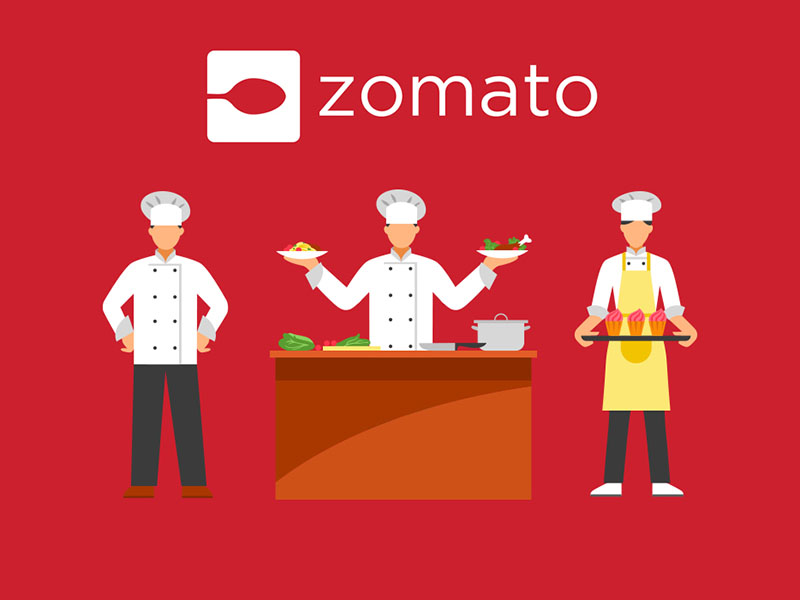Food Apps
Zomato’s Deepinder Goyal Is Finally Talking About The ‘Cloud Kitchen’ Project
Zomato has been in talks about setting up Cloud Kitchens in India and they have finally done so in Delhi. This is part of a new project titled Zomato Infrastructure Services.
While it’s not been clear what this ‘Cloud Kitchen’ would actually entail, Zomato founder Deepinder Goyal took to a blog post to explain the concept as well as elaborate on what Zomato is doing with their new project. He started off the post by saying, “There has been a lot of confusion amongst our users, restaurateurs, and the media about our “cloud kitchen” service. “Cloud kitchens” is a new phrase which doesn’t yet have a definition and is used for a wide variety of business models.” Goyal goes on to explain what exactly the Zomato Infrastructure Services is as well, “Zomato Infrastructure Services is a kitchen infrastructure service where we will work with current restaurant business owners to expand their business to more locations without incurring any fixed cost.”
Cloud Kitchens is a trend that is really popular in India and around the world. It’s a concept that removes the brick and mortar restaurant system, allowing people to order food via the website or app and will then be delivered straight to your front door. Lots of brands around the world are happy to give up one for the other, simply because it is easier and also cost effective. A few examples would be HolaChef and FreshMenu.
The Zomato blog post goes on to explain about the Zomato Infrastructure Service in point form. “Think of these infrastructure services as delivery only food courts in locations slightly off the premium locations (think much lower rentals, but accessible); we will not have take-out or dine-in at these locations,” the post reads, instead “Each location that we create for ZIS will have 4 or more restaurant brands co-located with each other, leading to shared (and thus lower) costs; each restaurant brand will have its own space of roughly 300 sq ft.”

Other measures have also been weighed and decided on, including delivery efficiencies, maintaining operations at a low cost while taking necessary precautions. The locations for these kitchens will be decided based on Zomato data where Zomato will “provide the real estate, build the kitchen and supply all the equipment for these brands to just ‘walk in’ and start their business in a matter of hours.” Zomato is looking to acquire cooking equipment at a discounted value from restaurants that have closed doors in the area, while making sure that the equipment is of the best quality and meets safety standards.
“Zomato will not be cooking food by itself in these kitchens – unlike what some of the other aggregators are doing, we don’t want to compete with our own customers (restaurateurs). Only renowned and reliable operators will be eligible to use these kitchens (minimum rating on Zomato cutoff will also apply),” the post added. It also mentioned that these brands are not expected to be exclusive to Zomato for delivery, allowing them to use any aggregator platform that they desire.
Finally, Goyal said in the post, “Our initial estimates tell us that with some hard work, we can have a 100 locations by the end of 2018. As of now, we are not sure when and how this model will scale to our other strongest countries of presence.” This is definitely something to look forward to this year and the coming year.




















